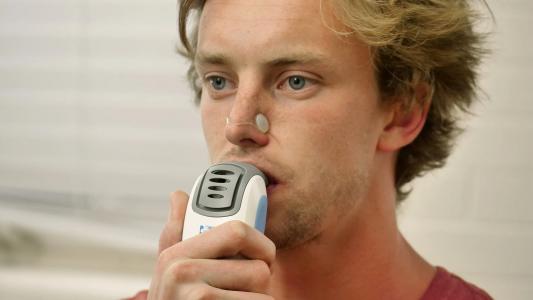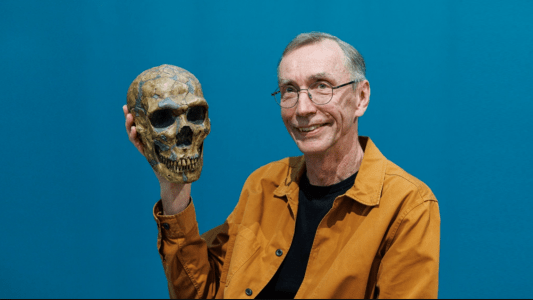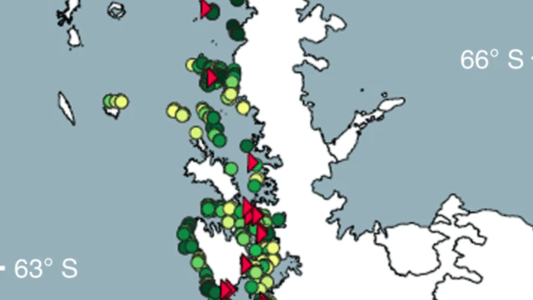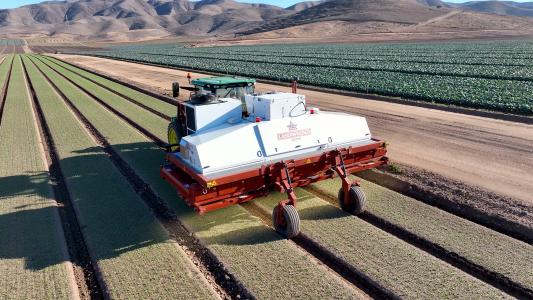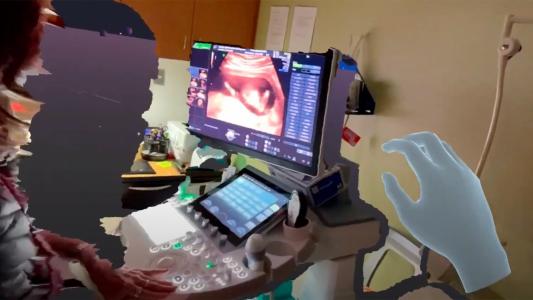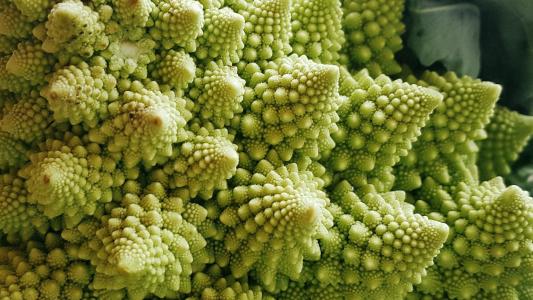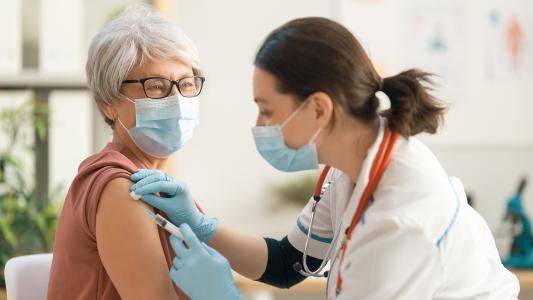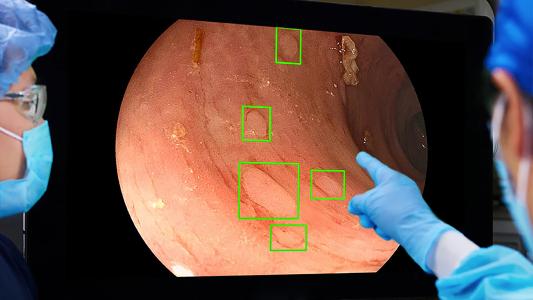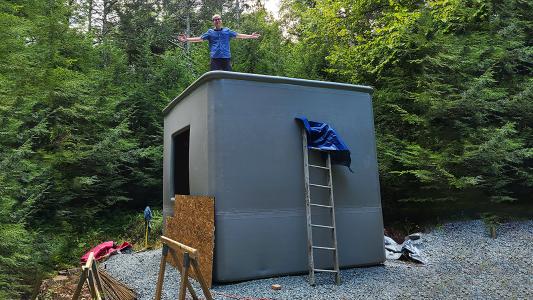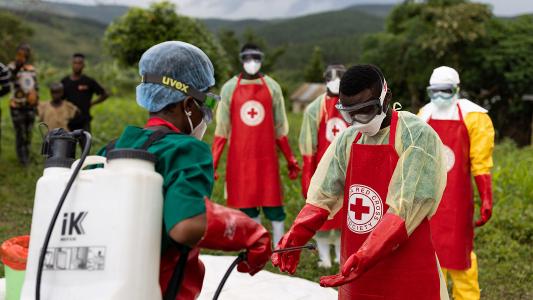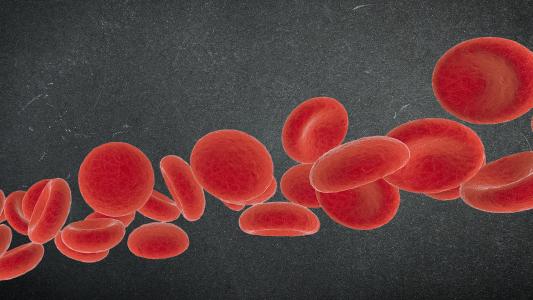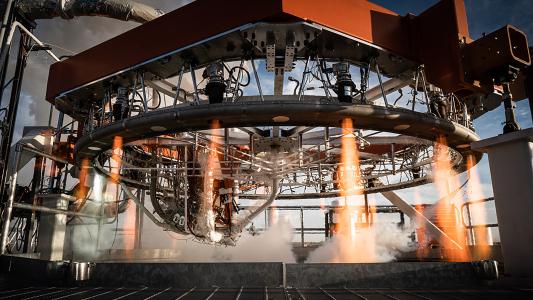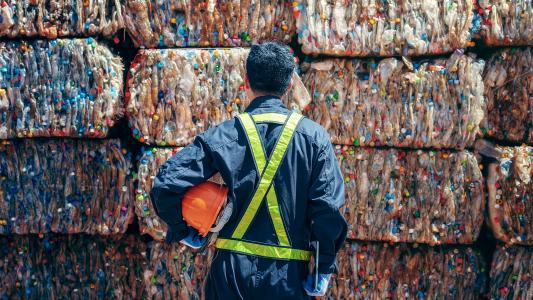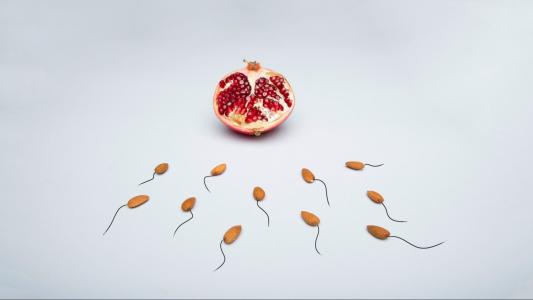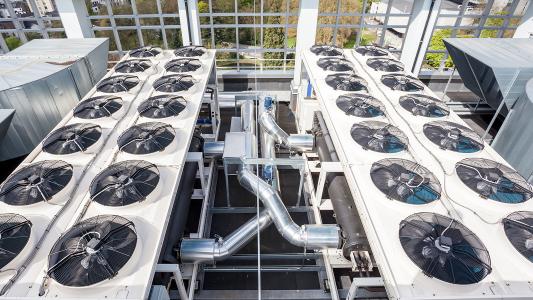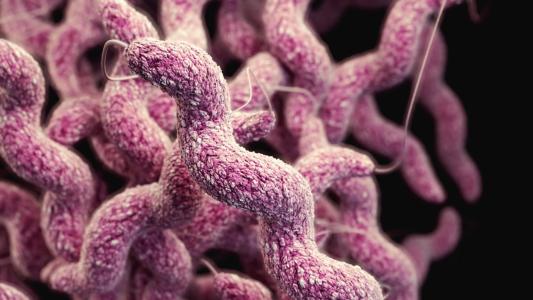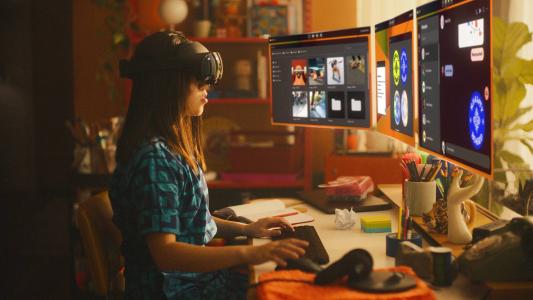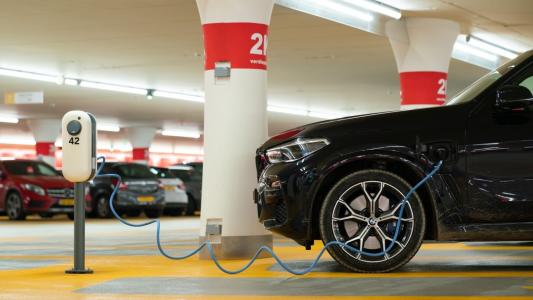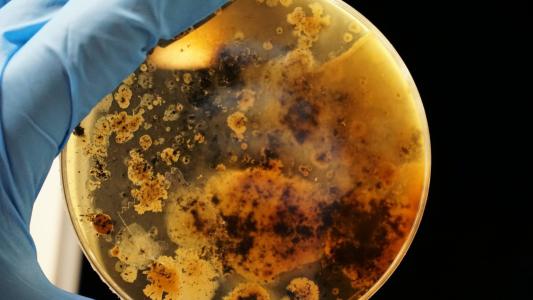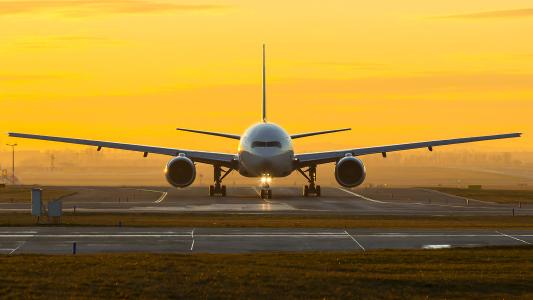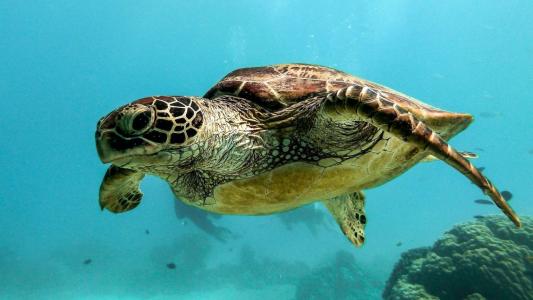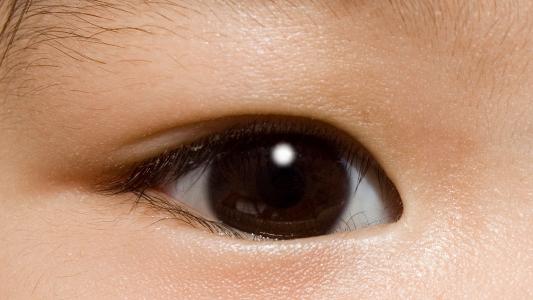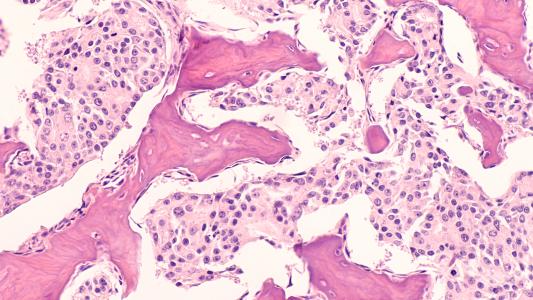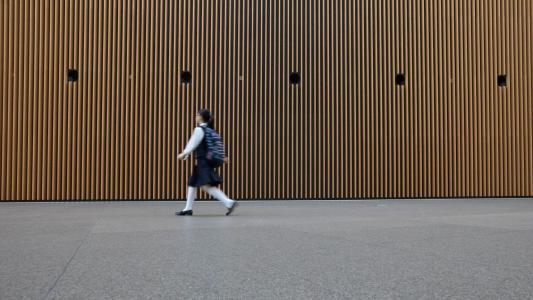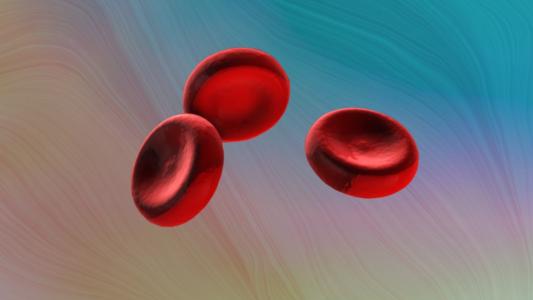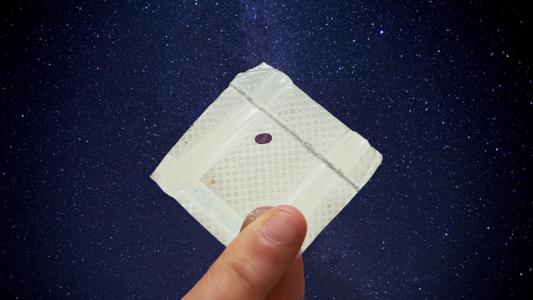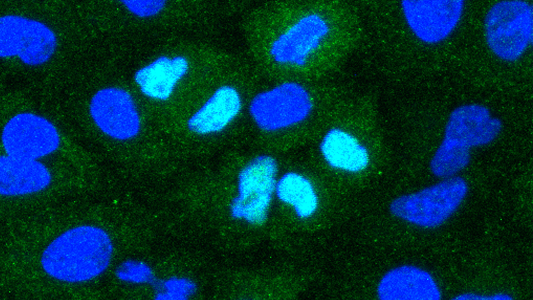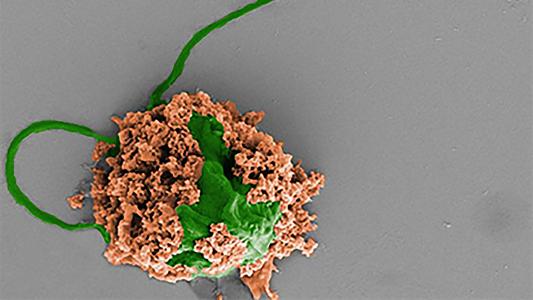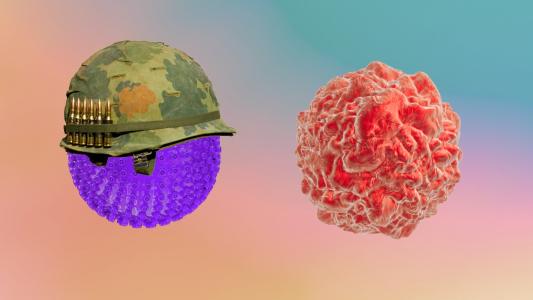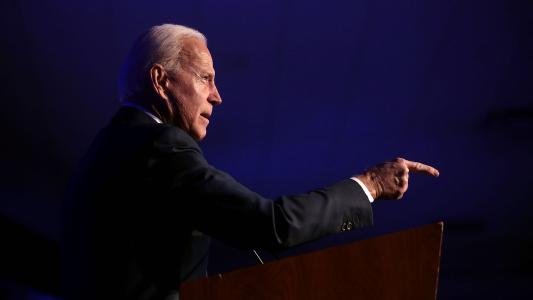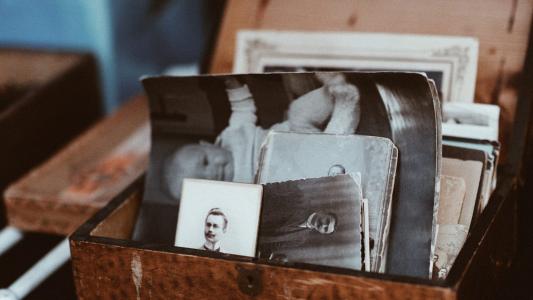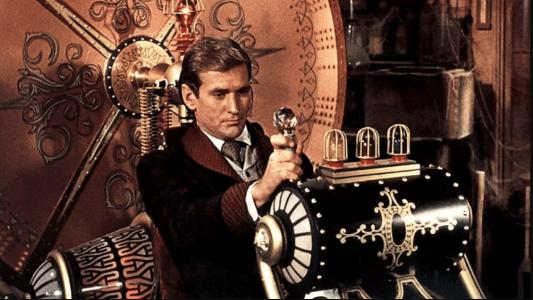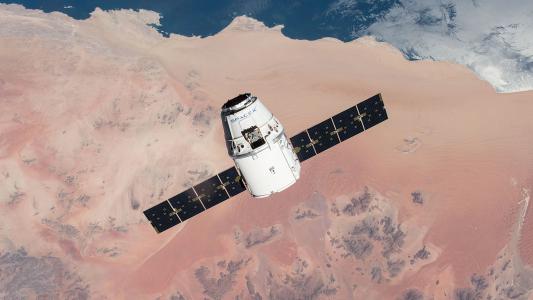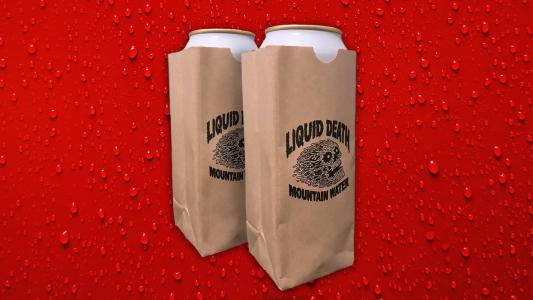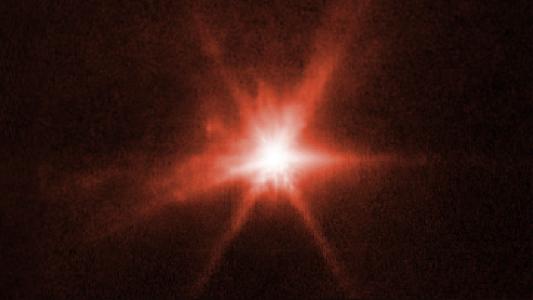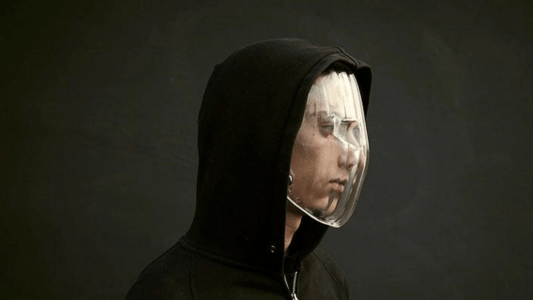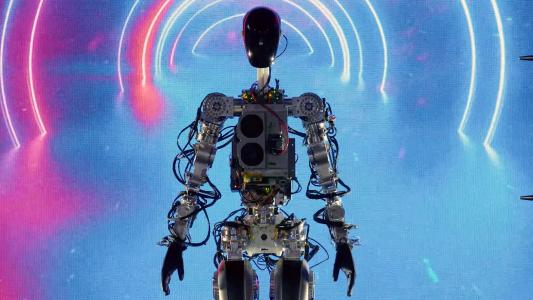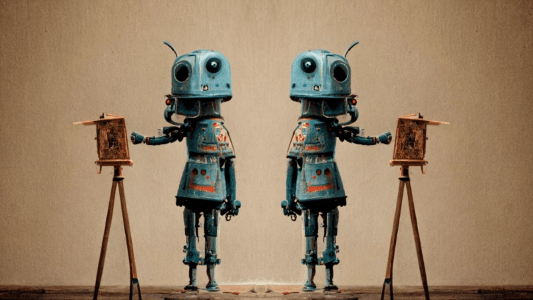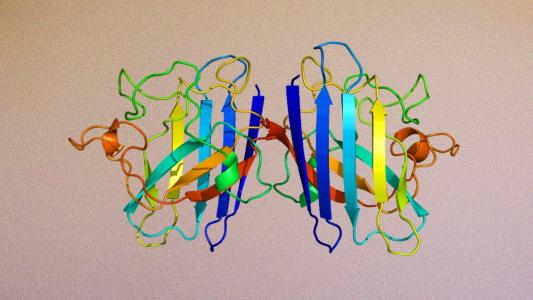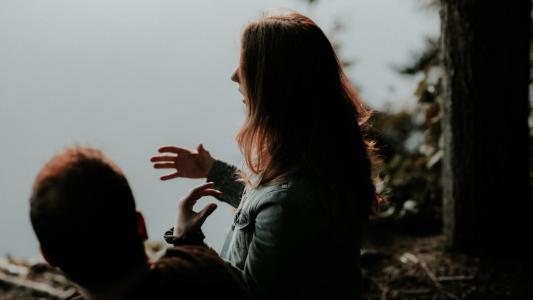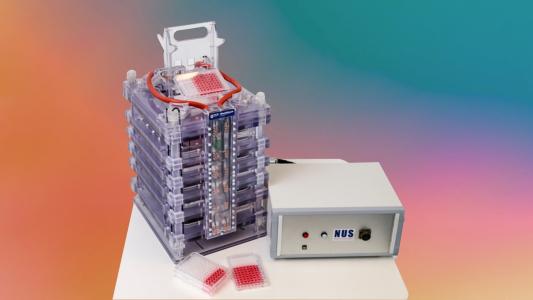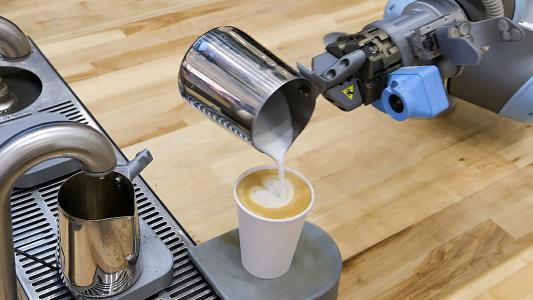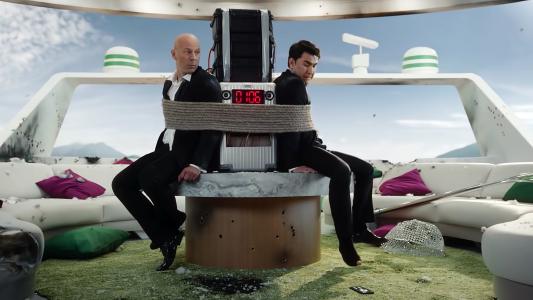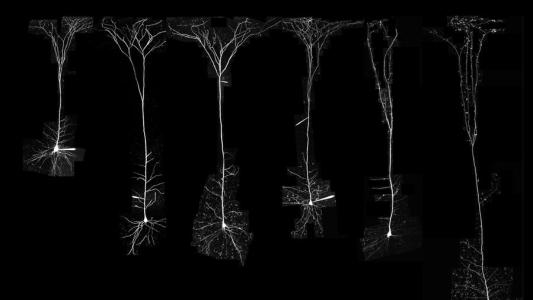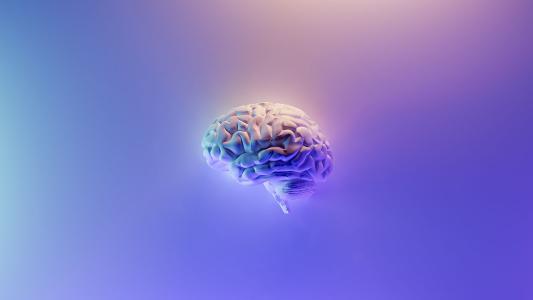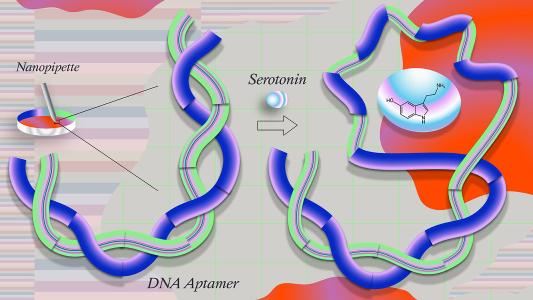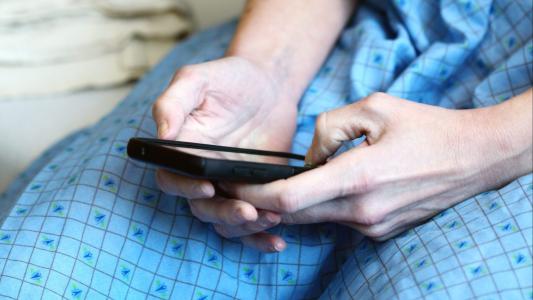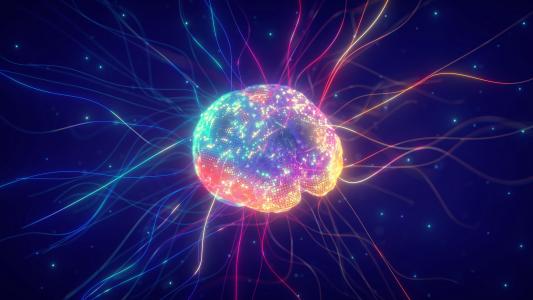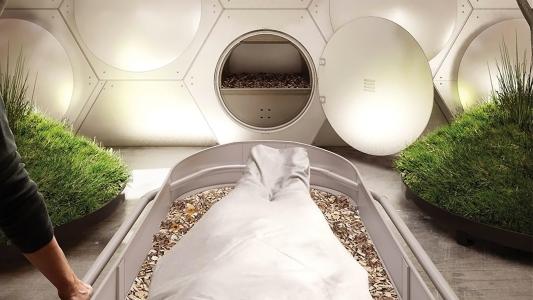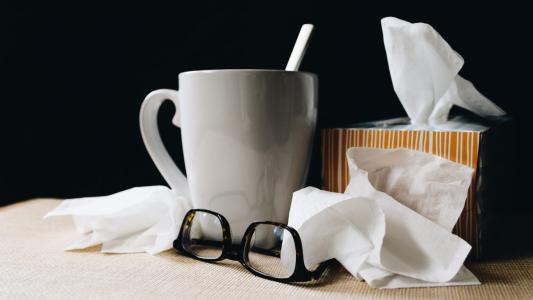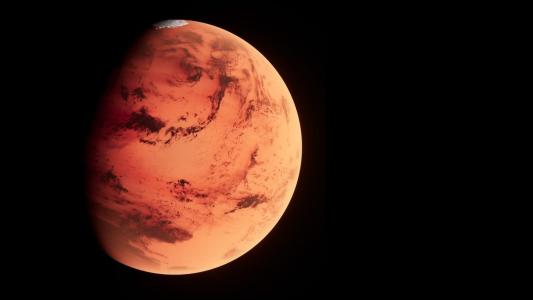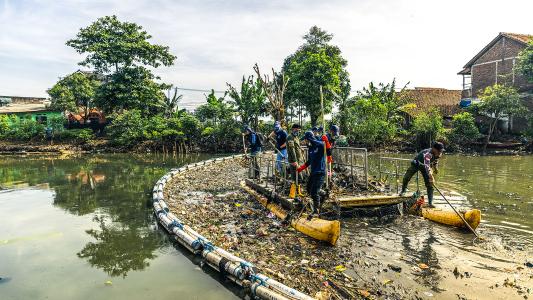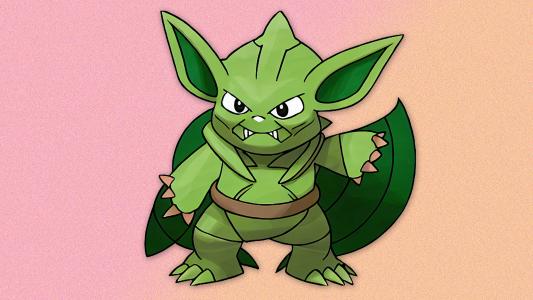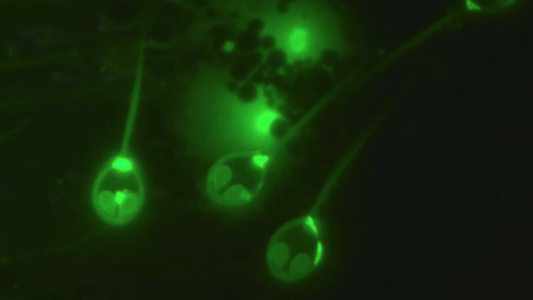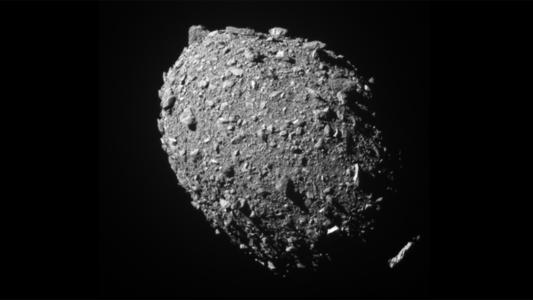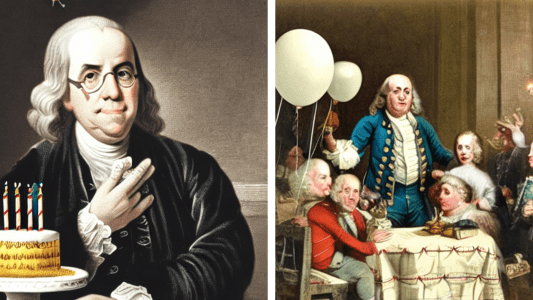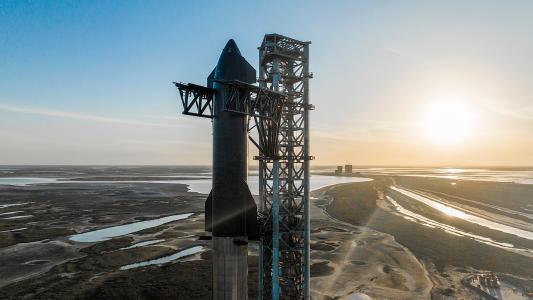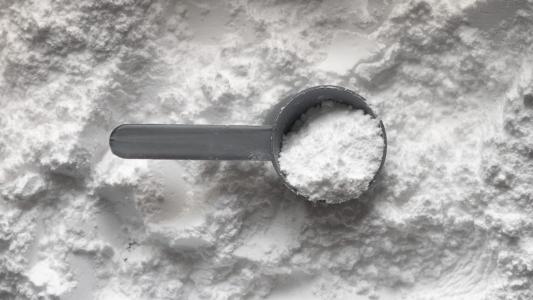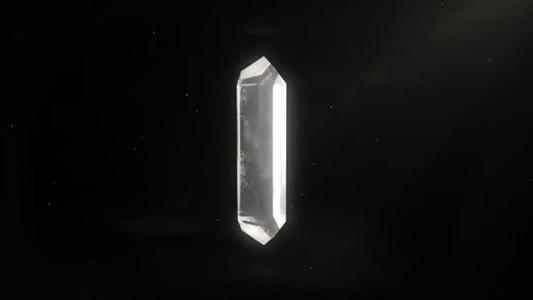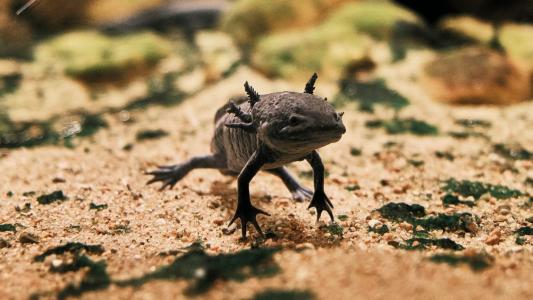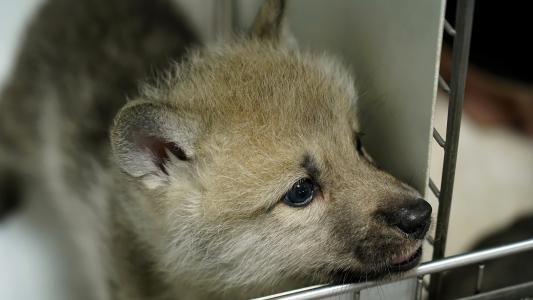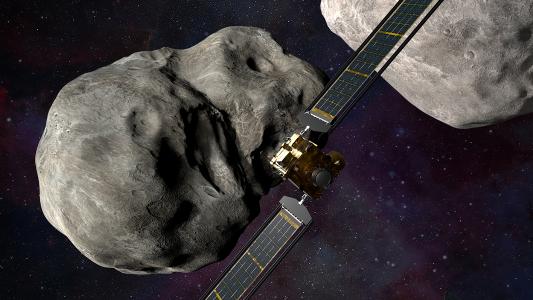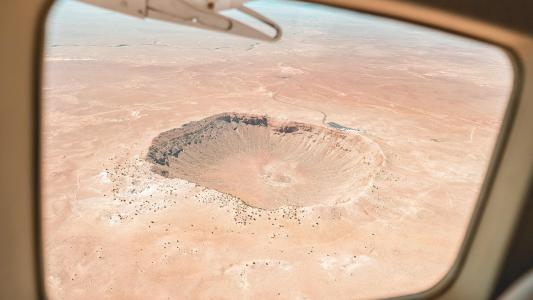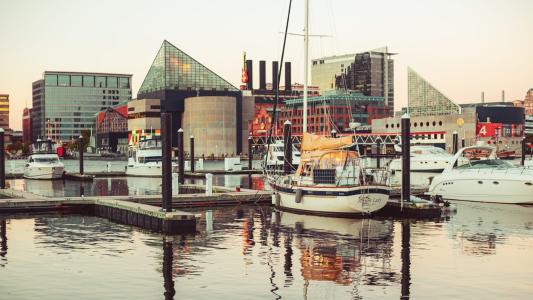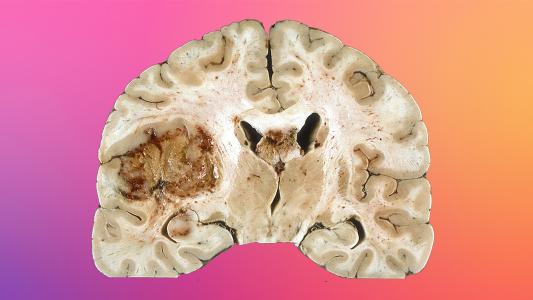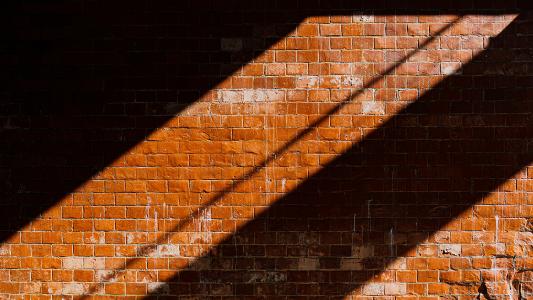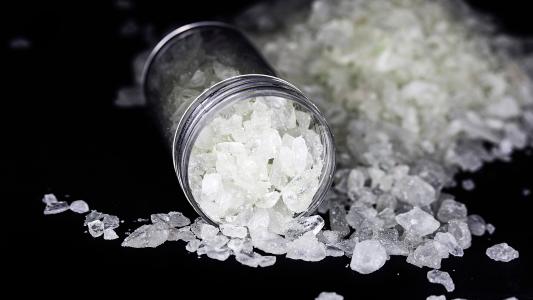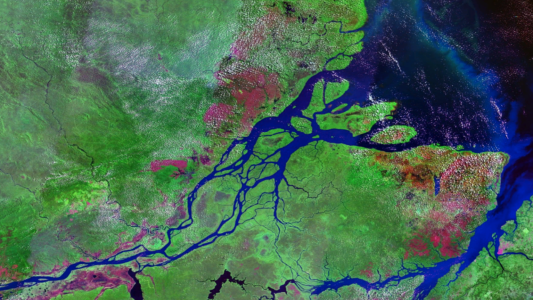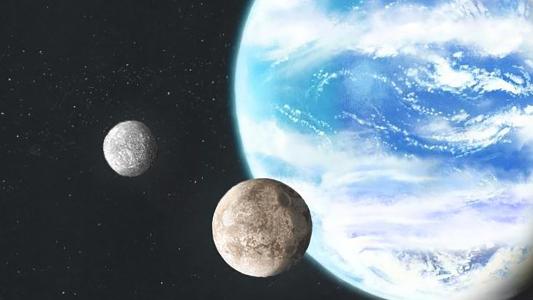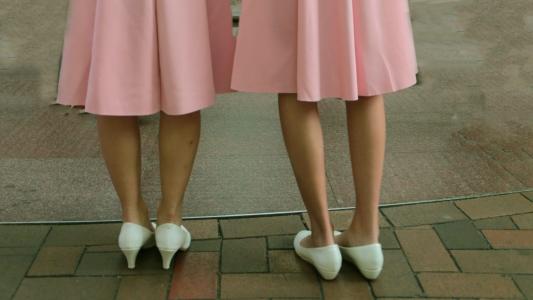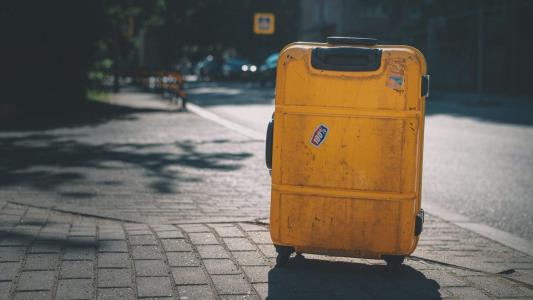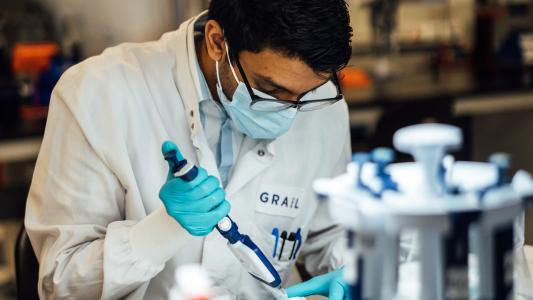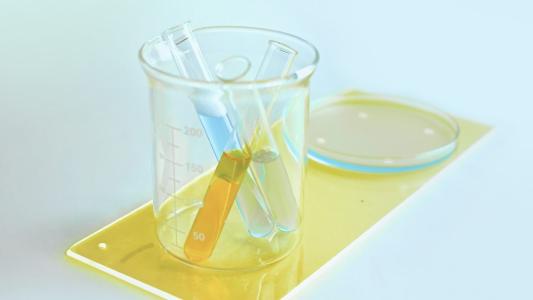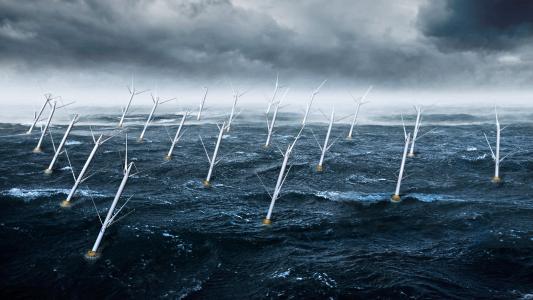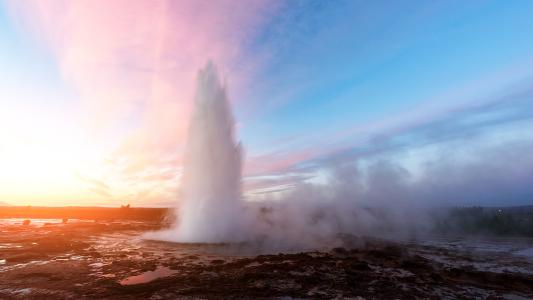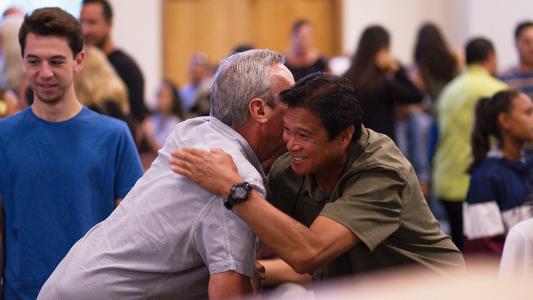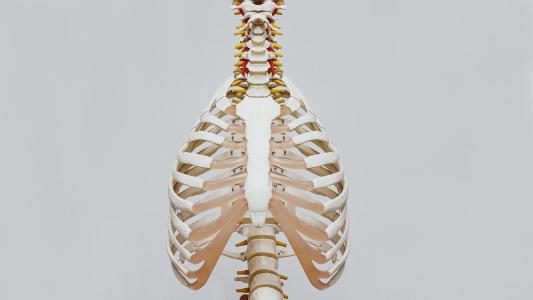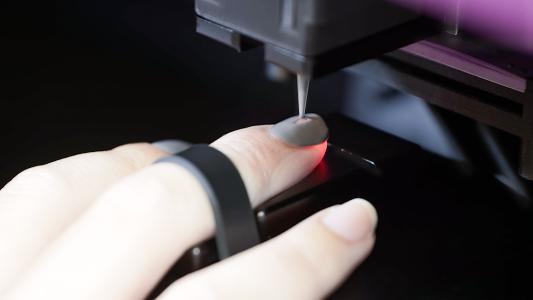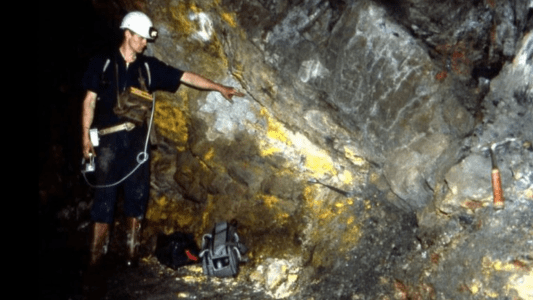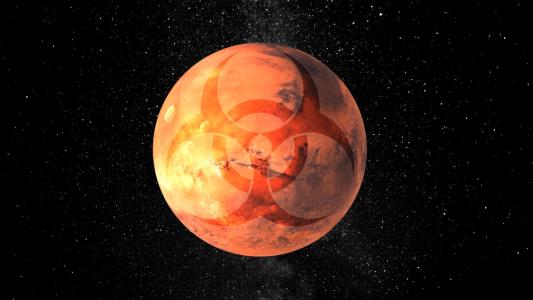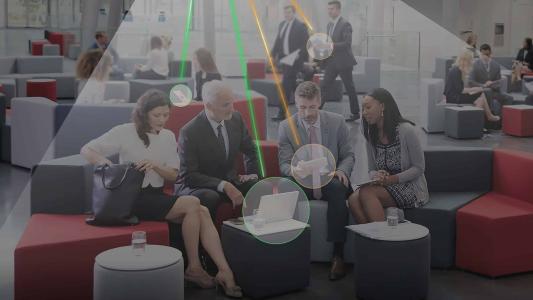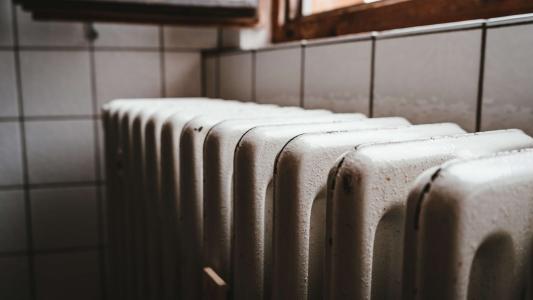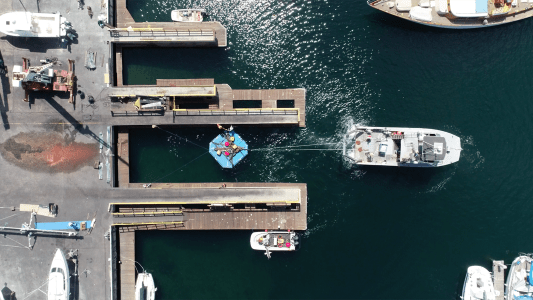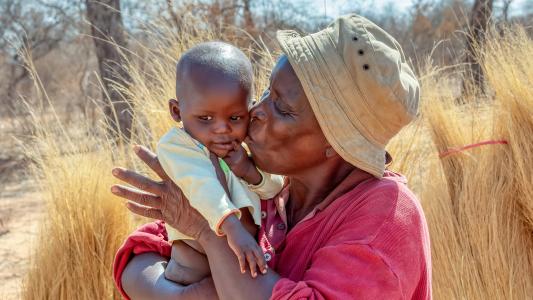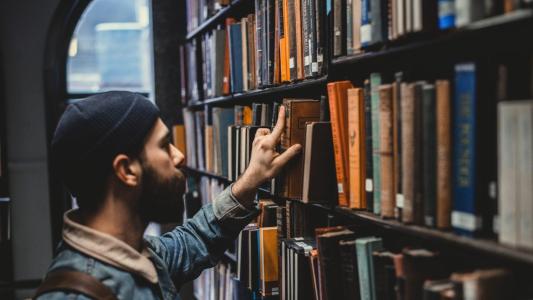Five-minute breathing exercise can lower blood pressure
A simple breathing exercise called IMST can lower blood pressure as effectively as meds or aerobic exercise when done for five minutes a day.
Svante Pääbo wins Nobel Prize for discovering an extinct human species via DNA
Swedish geneticist Svante Pääbo has won the Nobel Prize for "discoveries concerning the genomes of extinct hominins and human evolution."
Meanwhile, Antarctica’s snow is turning green
On the Antarctic Peninsula, so-called snow algae are turning the snow green, which could lay the groundwork for a whole new ecosystem.
Farming robot kills 200,000 weeds per hour with lasers
Carbon Robotics’ LaserWeeder is a smart farming robot that identifies weeds and then kills them using high-power lasers.
New VR app lets you step inside your smartphone videos
Early-stage startup Wist Labs is developing a VR app that converts smartphone clips into 3D videos users can step inside.
Space junk created the world’s largest dump. Here’s how we can fix it.
From "laser brooms" to massive nets, space organizations have proposed many ways to clean up the mess of space debris.
Why does nature create patterns?
A physicist explains the molecular-level processes behind crystals, stripes, and basalt columns in nature.
New vaccine prevents 94% of severe RSV cases
UK drugmaker GSK’s RSV vaccine was nearly 95% effective at preventing severe infection in a phase 3 trial of older adults.
AI is able to spot diseases before symptoms appear
New AI tools are helping doctors screen healthy patients for diseases early, when treatments are most effective.
Startup builds “inflatable” concrete houses in just hours
Automatic Construction can erect a concrete house in less than two hours thanks to a new technique involving inflatable fabric molds.
As Ebola reaches Ugandan capital, vaccines race to catch up
Caused by the Sudan strain of Ebola, current vaccines and therapies approved for Ebola won’t work in Uganda. But these might.
UK scientists solve a decades-long blood mystery
Researchers have discovered a new blood group which may have been behind the tragic loss of two babies.
First-of-its-kind rocket engine nears first flight test
To build the world’s first fully reusable rocket, startup Stoke Space is completely reimagining what a rocket engine should look like.
New process could make plastic recycling more profitable
A new process that combines chemical recycling with engineered bacteria could make plastic recycling more profitable.
Male birth control options are in development, but a number of barriers still stand in the way
A survey of over 9,000 men in nine countries found that over 55% would be willing to use a new method of male birth control.
New MIT system could cool buildings up to 10℃— without electricity
MIT’s new “passive cooling” system could break the spiral of more air conditioning.
Like genes, your gut microbes pass from one generation to the next
Not only did microbes diversify with their early modern human hosts as they traveled across the globe, they followed human evolution.
Meta unveils new VR headset for work in the metaverse
Connect 2022 brought Meta’s vision of the future of work into sharper focus, with the reveal of a new headset, a major partnership, and more.
Stanford engineers warn that electric car charging could crash a grid powered by renewable energy
Most electric car charging is done at night. A grid powered mostly by renewable energy might not be able to meet demand.
Genetically engineered bacteria make living materials for self-repairing walls and cleaning up pollution
With just an incubator and some broth, researchers can grow reusable filters made of bacteria to clean up pollution and more.
NASA’s mission proves it can redirect an asteroid — and potentially save Earth
NASA has confirmed that its DART spacecraft altered the orbit of the Dimorphos asteroid — a huge win for planetary defense efforts.
First-of-its-kind surgery may have helped reverse baby’s paralysis
The first recipient of a groundbreaking spina bifida treatment is now one year old and showing no signs of leg paralysis.
World’s whitest paint is now thin enough for cars, planes
A new, thinner version of the world’s whitest paint could slash the need for climate-harming air conditioning in cars, airplanes, and more.
Sea turtles in Seychelles have recovered from the brink
The green turtles of Seychelles – once almost hunted to extinction – are now thriving again thanks to conservation efforts.
It may be possible to treat inherited blindness, even in adults
A new mouse study suggests that synthetic retinoids may be able to help restore vision in adults with Leber congenital amaurosis.
How NASA plans to stop killer asteroids
NASA's planetary defense researchers are tracking potentially hazardous objects in space and developing tech to destroy or deflect them.
Cambridge researchers have discovered how cancer spreads
New research out of the University of Cambridge may have discovered a mechanism behind metastasis.
Walking to school is more likely to keep kids active as they age
Children who walk or bike to school at a young age are more likely to continue the habit as they age, a new study shows.
New test catches deadly bloodstream infections much faster
Bloodstream infections have a high mortality rate. But a new test to catch them faster could lead to more saved lives.
A cure for blindness may be first product made in space
An ISS experiment suggests that manufacturing artificial retinas in space will make them more effective at reversing blindness.
A newly discovered class of RNA can fight off multiple viruses, including flu and SARS-CoV-2
Harvard-affiliated researchers have discovered a form of double-stranded RNA which may be a potent antiviral.
Electric planes are coming: Short-hop regional flights could be running on batteries in a few years
Aerospace engineer Gökçin Çınar discusses sustainable aviation concepts, including hybrid-electric planes and hydrogen fuel alternatives.
Tiny robots completely clear out deadly pneumonia infection in mice
Researchers have created microscopic robots capable of clearing pneumonia from the lungs of mice.
A modified herpes virus completely wiped out a terminal cancer
In a small phase 1 trial of a herpes-based cancer therapy, one patient had their tumors completely eliminated.
Biden pardons federal cannabis possession cases, urges states to do the same
The Biden administration is pardoning federal possession offenses, encouraging states to do the same, and reexamining its drug scheduling.
Three reasons “you” won’t return after this life
Entire religions are constructed around theories of an afterlife, but former monk Stephen Batchelor lists three reasons you won't come back.
Paradox-free time travel is “logically” possible, say physicists
An undergraduate and his supervisor ran the numbers and found paradox-free time travel to be mathematically consistent.
SpaceX wants to save Hubble. NASA may be on board.
NASA and SpaceX may use a Dragon spacecraft to boost the Hubble Space Telescope into a higher, life-saving orbit.
You could soon get a piece of $700 million Liquid Death
Canned water startup Liquid Death, now valued at $700 million, is considering going public in the next two years.
Webb, Hubble capture spacecraft slamming into asteroid
DART collision images captured by NASA's Hubble and James Webb space telescopes show what happens when a spacecraft slams into an asteroid.
Inventions that are fighting the rise of facial recognition technology
Combating the rise of facial-recognition technology, designers have created clothing and accessories to help to conceal people's identities.
Elon Musk demos humanoid robot, which will cost less than $20K
CEO Elon Musk unveiled two prototypes of the humanoid Tesla robot, expected to cost less than $20,000, at his company’s second annual AI Day.
I used generative AI to create pictures of painting robots, but I’m not the artist — humanity is
Generative AI systems are incredible and hugely important, but they are not creative. In fact, they’re not even intelligent.
Scientists claim “never before” seen results in ALS clinical trial
The ability of tofersen, a gene-based treatment for ALS, to improve symptoms is being hailed as a “treatment milestone.”
If you want people to like you, try talking more, not less
People tend to think they should speak less than half the time to be likable but more than half the time to be interesting.
The key to cheaper lab-grown meat? Magnets.
A new technique for making lab-grown meat uses magnets to eliminate the need for fetal bovine serum, an expensive, controversial substance.
Watch a robot barista create latte art
New funding will allow Seattle-based startup Artly Coffee to bring its robot barista to more US locations.
Bruce Willis sells his likeness for a deepfake ad
Retired actor Bruce Willis had a "digital twin" made so that his likeness could be inserted into a new project using deepfake tech.
Study finds a striking difference between neurons of humans and other mammals
Researchers identified a “building plan” that holds true for every species they looked at — except for humans.
New Alzheimer’s drug slows mental decline by 27% in clinical trial
Eisai and Biogen are reporting that their new Alzheimer’s antibody slowed cognitive decline by 27% in a global trial.
Shape-shifting DNA is helping researchers decode the human brain
Researcher Nako Nakatsuka has turned to DNA to tackle an important challenge: how do we measure chemicals in the brain?
What’s causing the alarming rise in cancer for adults under 50?
A new review finds that 14 different cancers, including eight related to the digestive system, are increasing in people under age 50.
Brain-zapping tech improves memory by more than 50%
A brain-zapping "memory prosthesis" funded by DARPA improved trial participants' ability to retain new information by more than 50%.
Human composting is now legal in five states
California is now the fifth state to legalize human composting, a more environmentally friendly alternative to burial or cremation.
I’ve had COVID and am constantly getting colds. Did COVID harm my immune system?
Does COVID somehow weaken the immune system to make us more prone to other infectious diseases? Here's what scientists know.
“Up to 2.4 million new apartments” legalized by bipartisan California legislation
Millions of new apartments in commercial areas and near transit have been legalized by new California laws just signed by Governor Gavin Newsom.
A neural network discovered Copernicus’ heliocentricity on its own
Scientists trained a neural network to predict the movements of Mars and the Sun, which placed the Sun at the center of our solar system.
From CDs to NFTs: Starbucks’ surprising history of embracing new tech
Starbucks’ newly-announced blockchain platform is just the latest example of the chain’s early embracement of tech.
This floating fence can catch plastic waste before it hits the sea
The majority of oceanic plastic waste comes from rivers and coasts. Floating fences may help stop it at the source.
This Stable Diffusion mod will turn you into a Pokémon
Stable Diffusion, an open-source text-to-image AI, has been modified to generate Pokémon-like characters from simple text prompts.
Scientists discover animal that doesn’t need oxygen to live
The parasite infects salmon and lives within the fish muscle, though scientists aren't quite sure how it breaks down nutrients for survival.
Starlink turns on coverage over Iran to bypass censorship
Elon Musk's Starlink satellite internet is active over Iran, but the terminals to access it must make it inside the country.
For the first time, scientists can switch cancer-fighting cells on and off
While it can be effective, CAR-T cancer therapy can also cause dangerous side effects. But a new on/off switch could change that.
Watch NASA’s DART spacecraft slam into an asteroid
NASA has slammed its DART spacecraft into an asteroid in the world’s first demonstration of planetary defense technology.
How do DALL-E, Midjourney, Stable Diffusion, and other forms of generative AI work?
DALL-E and other types of generative AI can produce images that look like photographs, paintings, or drawings that were created by humans.
Elon Musk: Starship rocket “highly likely” to fly in November
SpaceX’s massive Starship rocket is “highly likely” to complete its first orbital test flight in November 2022, according to CEO Elon Musk.
Creatine, a popular exercise supplement, might help treat depression
Creatine shows promise as a treatment for depression, boosting the effects of SSRIs and potentially working as a standalone medication.
China has discovered a brand new moon mineral
A new moon mineral discovered by China contains helium-3, an element that could one day fuel nuclear fusion reactors on Earth.
Axolotls can regenerate their brains
Axolotls are a model organism researchers use to study a variety of topics in biology because of their regenerative abilities.
World’s first cloned arctic wolf is now 100 days old
After two years of effort, China's Sinogene Biotechnology has created the world’s first cloned arctic wolf.
NASA’s DART spacecraft is about to smash into an asteroid
The DART spacecraft is now close enough to image the asteroid system it plans to slam into as part of NASA’s planetary defense efforts.
Forensic techniques help discover charred remains of ancient meteor impacts
Unique clues in charcoal can reveal hidden impact craters, helping insure we’re better prepared in the future.
This start-up is recycling abandoned wooden homes in Baltimore
The Baltimore Wood Project salvages wood from buildings to repurpose and resell locally to create a circular economy.
Air Canada orders 30 electric-hybrid aircraft for takeoff in 2028
Flag carrier Air Canada has announced plans to have electric-hybrid planes on regional and commuter routes by 2028.
New treatment “starves” aggressive brain tumors in mice
A treatment that “starved” aggressive glioblastoma tumors in the brains of mice suggests a way to finally fight the deadly cancer in humans.
Are near-death experiences just psychedelic trips?
One possible explanation of near death experiences is that our brains are flooded with a hallucinogenic, DMT.
Brick batteries may be a key to decarbonizing heavy industry
By storing renewable energy as heat in brick “batteries,” Rondo Energy believes they can decarbonize heavy industry.
Meth addiction treatments are finally on the horizon
New antibody and drug therapies may soon help treat meth patients, who currently have no pharmacological interventions.
Laser scans reveal ancient cities hidden in the Amazon river basin
Lidar technology reveals the surprisingly complex infrastructure and urban planning that united Casarabe settlements.
Continents may be the key to whether exoplanets can harbor life
New simulations of continent distribution could help astronomers assess whether newly-discovered exoplanets may be habitable.
Identical twins were raised in different countries. Here’s how they differ today.
After being separated as toddlers, two identical twins were raised apart in the US and South Korea.
An old anti-psychotic offers a new way to treat chronic pain
Researchers have found that an old anti-psychotic drug may have implications for chronic pain and cancer.
When remains are found in a suitcase, forensics can learn a lot from the insects trapped within
The investigation of human remains in a suitcase can often represent a Pandora’s box, full of complicated problems.
Blood test can find dozens of types of cancer, with few false positives
Grail’s Galleri multi-cancer blood test found multiple cancers in a study of over 6,000 patients.
ARPA-H: High-risk, high-reward health research is the mandate of new, billion-dollar US agency
A new multibillion-dollar federal agency was created with a goal of supporting “the next generation of moonshots for health.”
The surprising history of how electric vehicles have played the long game and won
The electric vehicle’s environmental credentials might give them a final push to win the long game over traditional cars.
This startup wants to build a radically powerful new kind of wind turbine
Norwegian startup World Wide Wind wants to build offshore wind turbines based on a completely different design from traditional models.
This rock-bending tech may change clean energy
A technology that stores energy underground could make enhanced geothermal systems more cost competitive.
Americans are becoming more likely to cooperate with strangers, not less
Americans are more likely to cooperate with strangers today than they were in the 1950s, according to the American Psychological Association.
Long COVID: Self-targeted immune attacks may lurk behind it
Researchers are working to get a more complete understanding of the cells and antibodies behind long COVID.
San Francisco decriminalizes plant-based psychedelics
San Francisco joins Oakland, Santa Cruz, DC, and Denver in decriminalizing some psychedelics.
Target is now offering the world’s first “robot manicure”
A robot that uses AI and 3D cameras to paint fingernails is now giving Target customers 10-minute manicures for just $8.
1.7 billion years ago, Earth had a natural nuclear reactor
Seventeen natural sites possessing ancient nuclear reactions have now been found: evidence of Earth's first nuclear reactor.
How NASA is planning to prevent a Martian plague
When Mars samples arrive, they may carry more than knowledge. To offset the chance of a Martian pandemic, NASA is learning to contain a Red Planet plague.
New wireless charging works from nearly 100 feet away
A compact wireless charging system uses harmless infrared light to power devices from nearly 100 feet away.
Heat pumps can cut your energy costs by up to 90%
Heat pumps are becoming all the rage around a world that has to slash carbon emissions rapidly while cutting energy costs.
Wave energy generator passes 10-month test at sea
A wave energy generator has completed a ten month open ocean trial.
This logarithmic view of the Universe will blow your mind
From here to the limits of what we can see, here's a breathtaking illustrated logarithmic view of the Universe.
Breakthrough drug could save hundreds of thousands of children’s lives
A booster dose of the University of Oxford’s malaria vaccine demonstrated up to 80% efficacy in children over a year of follow-up.
How to be happy: Aristotle’s 11 guidelines for a good life
In his Nicomachean Ethics, Aristotle proposed that humans are social, rational animals who seek to “live well.”
